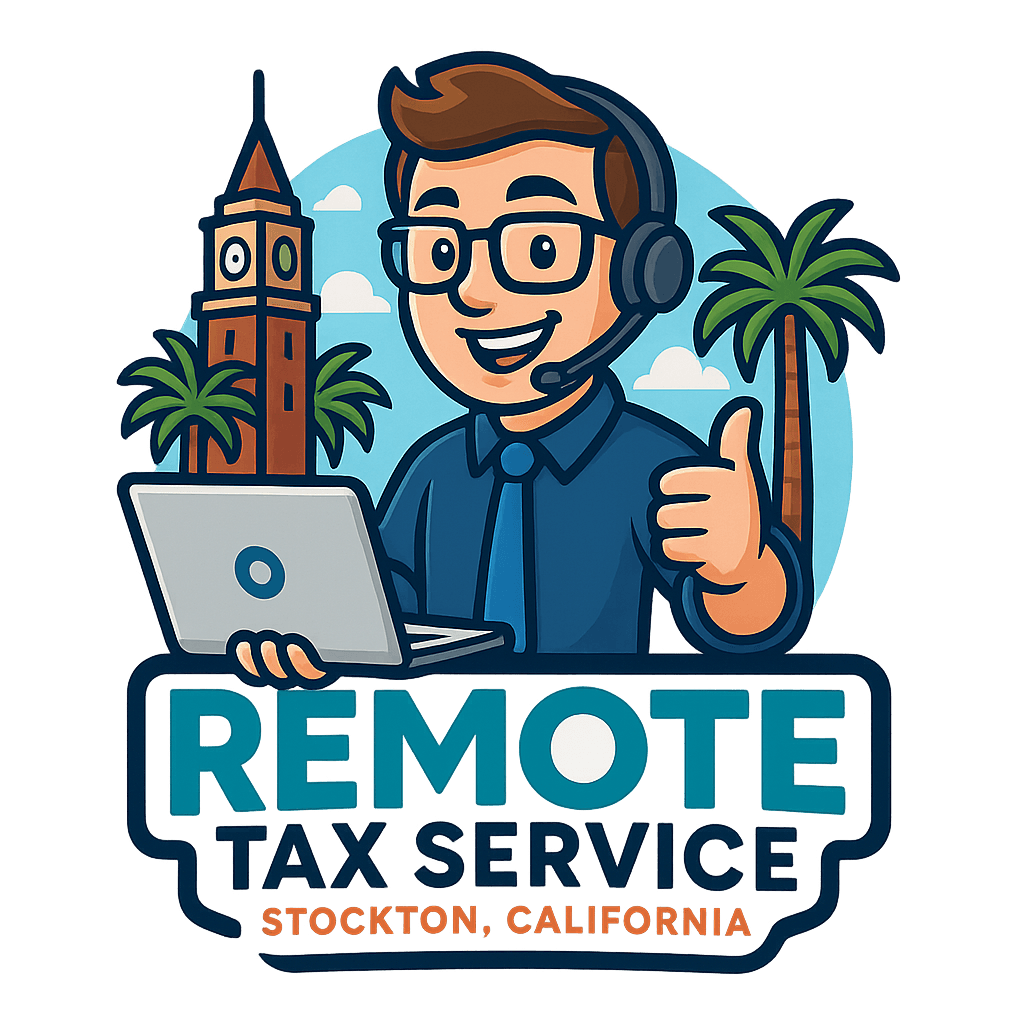Top 5 Myths About Remote Tax Preparation Debunked
ST
Understanding Remote Tax Preparation
In today's digital age, more people are turning to remote tax preparation as a convenient and efficient way to handle their taxes. However, several myths persist about this approach. Let's debunk the top five myths surrounding remote tax preparation.

Myth 1: Remote Tax Preparation Is Less Secure
One of the most common misconceptions is that remote tax preparation is less secure than traditional methods. In reality, reputable remote tax services use advanced encryption technologies to protect your data. These services often offer security measures that are on par with, if not superior to, traditional in-person tax preparation.
Additionally, many remote tax preparers are certified professionals who adhere to strict privacy protocols. Ensuring the safety of your personal information is a top priority for them.
Myth 2: It’s Only for Simple Tax Returns
Another myth is that remote tax preparation is only suitable for individuals with straightforward tax returns. However, remote tax professionals are equipped to handle complex tax situations, including business taxes, investments, and international filings.

Many remote tax services offer personalized consultations and in-depth analysis to cater to each client's unique needs, regardless of the complexity of their tax situation.
Myth 3: Remote Tax Preparers Are Less Reliable
Some people believe that remote tax preparers are not as reliable as in-person tax professionals. This couldn't be further from the truth. Many remote tax preparers are seasoned experts with years of experience and relevant certifications.
Clients can easily verify credentials and read reviews to ensure they are working with a qualified professional. The flexibility and accessibility of remote tax services often lead to higher client satisfaction and trust.

Myth 4: You Don’t Get Personalized Service
There's a belief that remote tax preparation lacks the personal touch of face-to-face meetings. In reality, remote tax preparers are committed to providing personalized service tailored to individual needs.
Through video calls, phone consultations, and secure messaging, clients receive the same, if not better, level of personalized attention and advice as they would in a traditional setting.
Myth 5: It’s More Expensive
Finally, many assume that remote tax preparation is more expensive than traditional methods. However, it often proves to be more cost-effective. Remote tax services eliminate the overhead costs associated with maintaining physical offices, passing those savings onto clients.

Moreover, clients can save time and money by avoiding trips to a tax office, making remote tax preparation an attractive option for budget-conscious individuals and businesses.
In conclusion, remote tax preparation offers a secure, efficient, and cost-effective alternative to traditional tax services. By debunking these myths, we hope to encourage more individuals to explore the benefits of this modern approach to tax preparation.
